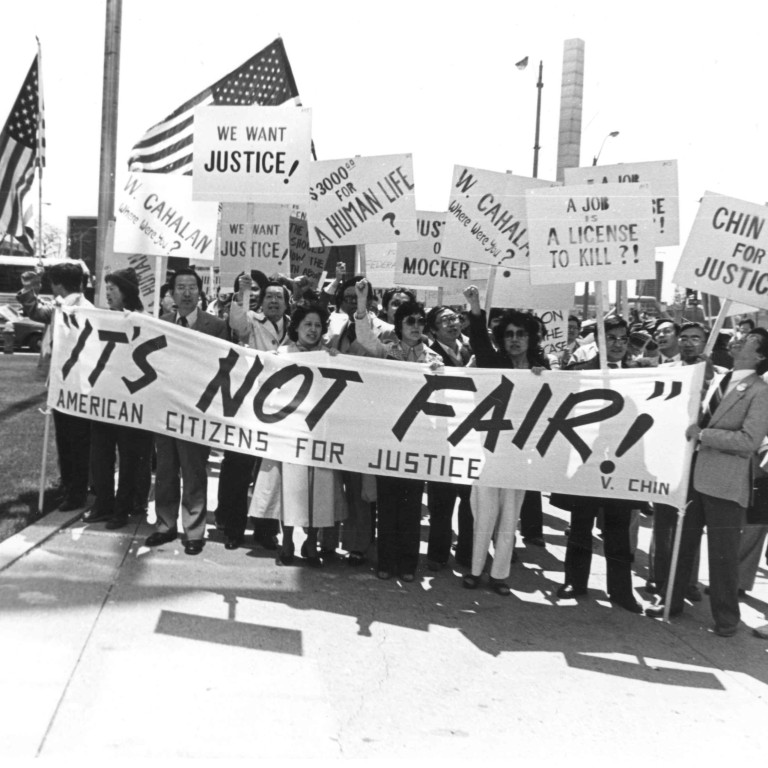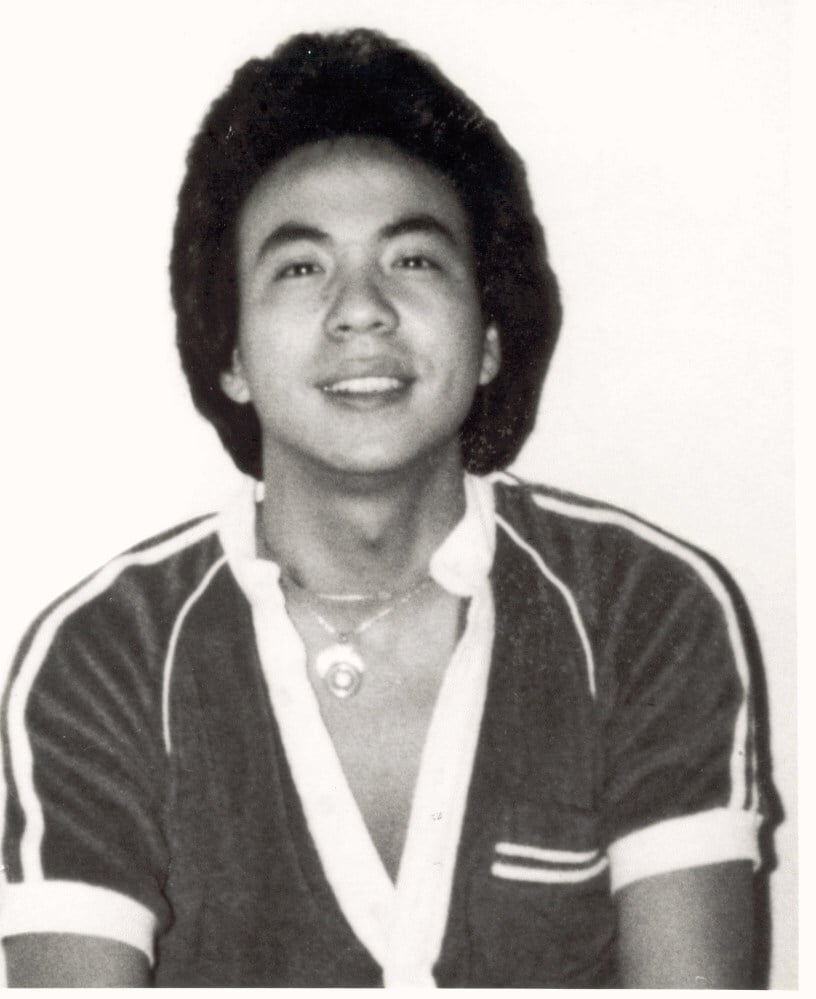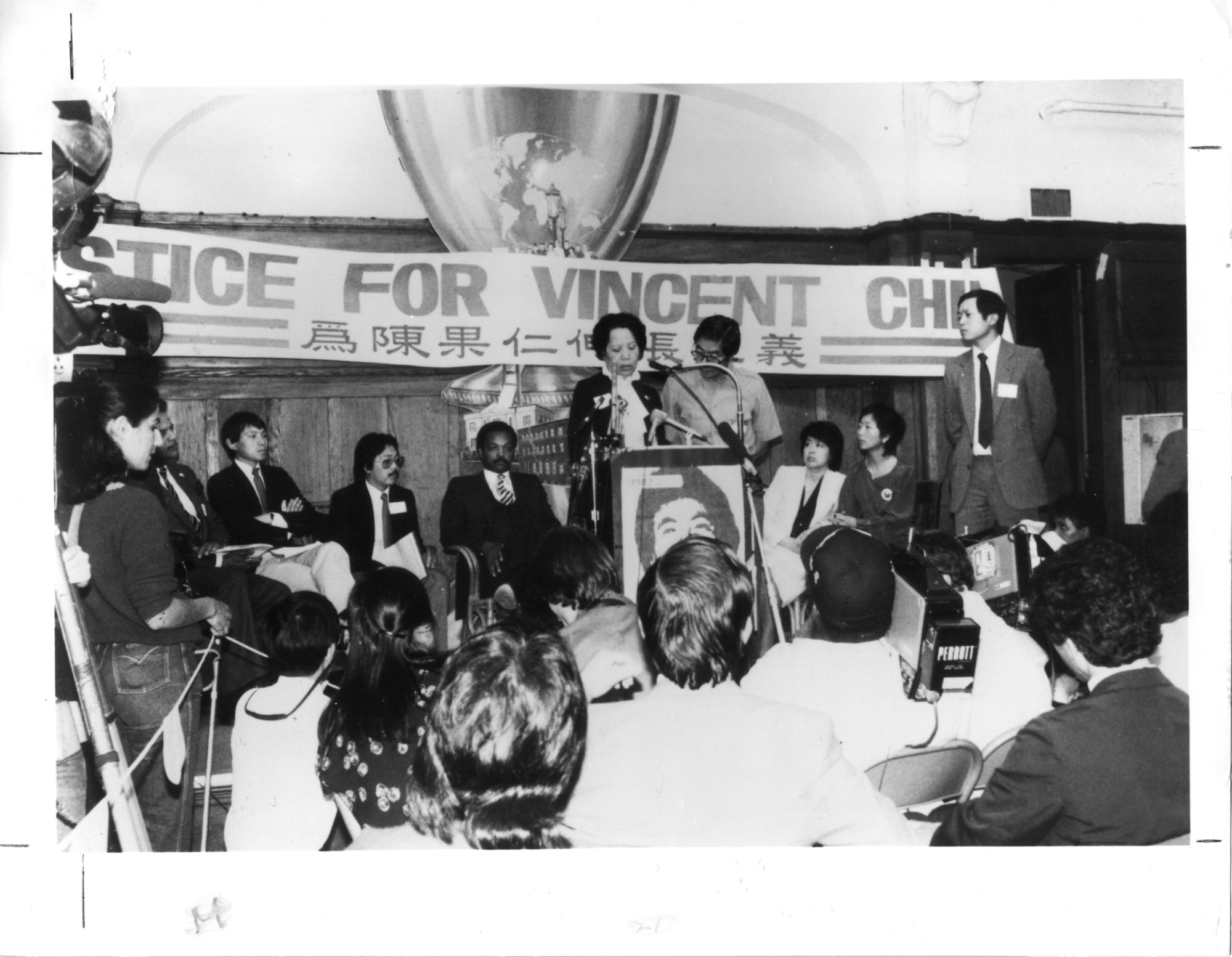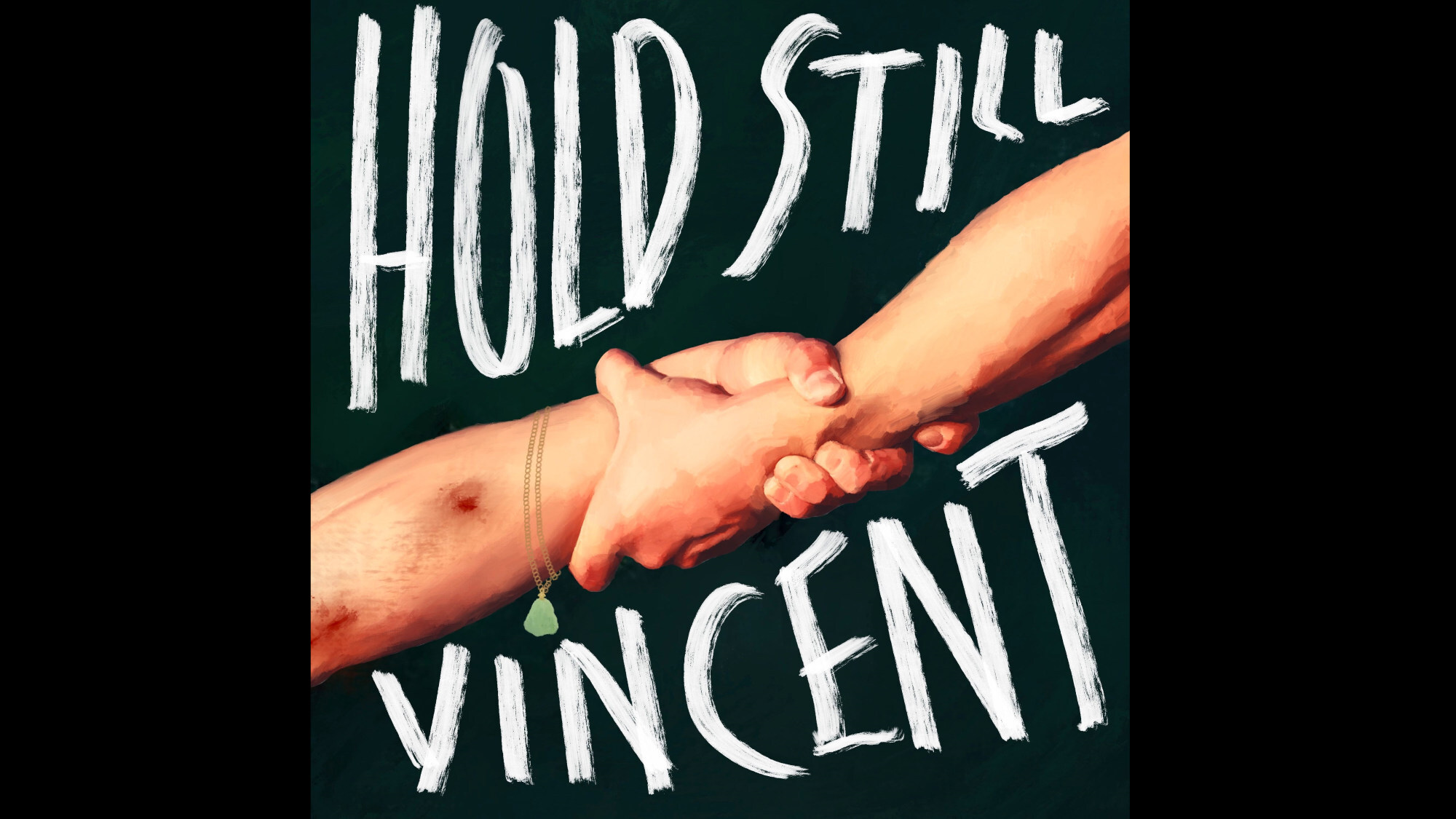
Why Gemma Chan-backed podcast on murder of Vincent Chin was pulled, and the storm it unleashed
- Media companies and Crazy Rich Asians actress Gemma Chan were behind the podcast, and recruited actors including Tzi Ma to narrate the story of Chin’s murder
- Producers did not involve Chin’s family or supporters, however, a decision observers call ‘surprising’ and ‘unfathomable’
A storm is brewing in the United States over a podcast based on the brutal murder of a Chinese-American almost 40 years ago.

A-Major Media, M88 and Chan recruited a number of well-known actors, including Remy Hii and Hollywood’s go-to Asian dad, Tzi Ma, to narrate the story.
What it didn’t include, however, was input from those who fought for Chin. As a result, Hold Still, Vincent was pulled from all platforms on May 30, three days after it was released.
The incident has raised questions over stories like Chin’s, how they’re retold and who has the right to tell them, says University of California Law and Race Professor Gabriel Chin.
People don’t necessarily have a strong education on Asian-American history and I think that some of the producers … may have been coming across the story for the first time
“While I was surprised that they didn‘t contact these family members, on the other hand, I will say I wasn’t offended by it,” he says of A-Major Media’s failure to contact the estate of Vincent and Lily Chin. He adds that anyone who has studied race law would be familiar with the case.
A number of articles about the case had been published in the Law Review journal, he added, but they were largely for a specialist audience and he thought it unlikely the academics who wrote them had contacted Chin’s family.
“There are a bunch of articles about the case in Law Review, and I really suspect that most people who wrote them did not contact [his] family,” he says.
“But the difference is that perhaps the Law Review articles, which are for an academic audience and specialised in focus, it’s probably more understandable that the family was not contacted, as [the articles were] really not designed to narrate the story itself, rather some of the legal implications of what happened,” he explains.

On June 19, 1982, in Detroit, Chin was assaulted at a bar by two disgruntled white auto workers, four days before his wedding, and he later died from his injuries.
The assailants received lenient sentences and were released without spending a day in prison – leading to the first case in which the Civil Rights Act was used to defend the rights of an Asian-American citizen.
Zia, an author and activist who has fought for justice for Vincent Chin since his murder, took to social media to air her concerns a day after the podcast was launched.
“To my friends who are sending congrats to me for the new Vincent Chin podcast – I don’t know anyone associated with this project and have never been contacted by them. Nor has the Estate of Vincent and Lily Chin,” she wrote on Instagram.

“That said, such an important story deserves to be told and every American should know about what happened to Vincent Chin and about this multiracial, multicultural Asian-American-centred civil rights movement.”
A-Major Media issued an apology on May 29 and the podcast was pulled the following day.
Jenn Fang, founder of reappropriate.com, an almost two-decade old website devoted to feminism and Asian-American stories, says the idea of doing a project like this without contacting Chin’s family was “unfathomable”.
I hope these various Hollywood projects get the stories right … the lessons of the Vincent Chin justice movement are critical to countering today’s tsunami of anti-Asian hate
The 39-year-old scientist said that within the Asian-American community, “there is sort of a broad ignorance of our history and sort of the timeline of how our political organising came about”.
“I think more broadly, people don’t necessarily have a strong education on Asian-American history and I think that some of the producers of the podcasts, even some of the big-name actors who were in the podcast, may have been coming across the story for the first time,” Fang says.
Professor Chin experienced a similar scenario in 2015 when he and students had Chinese-American lawyer Hong Yen Chang posthumously admitted to the California bar, 125 years after the Columbia graduate was denied the right to practise.
“To be honest, we had no particular legal right to do that. So, if the family had objected, we would have walked away,” he says. “We thought this was something the family were entitled to make the decision on.”

“That being said, if it was a question of an article or a book, I might still have talked with them to find out information to improve the quality of it.
“If they said, ‘we don‘t want people to talk about this episode’, I would not have to defer to their request, unless there were some extraordinary reasons, because Mr Chang is a part of history.
“And he’s a part of history that affects not just the family but other Asian-Americans and other people of colour in the United States, too.
“And everybody is entitled to understand those stories and understand what happened to those people in the past that has shaped the experiences of people today.”
In Zia’s post she asked that creators give activists the appropriate amount of respect and at least check in with the community and those with lived experiences.
“I hope these various Hollywood projects get the stories right about the AAPI community, because the lessons of the Vincent Chin justice movement are critical to countering today’s tsunami of anti-Asian hate,” she wrote.
